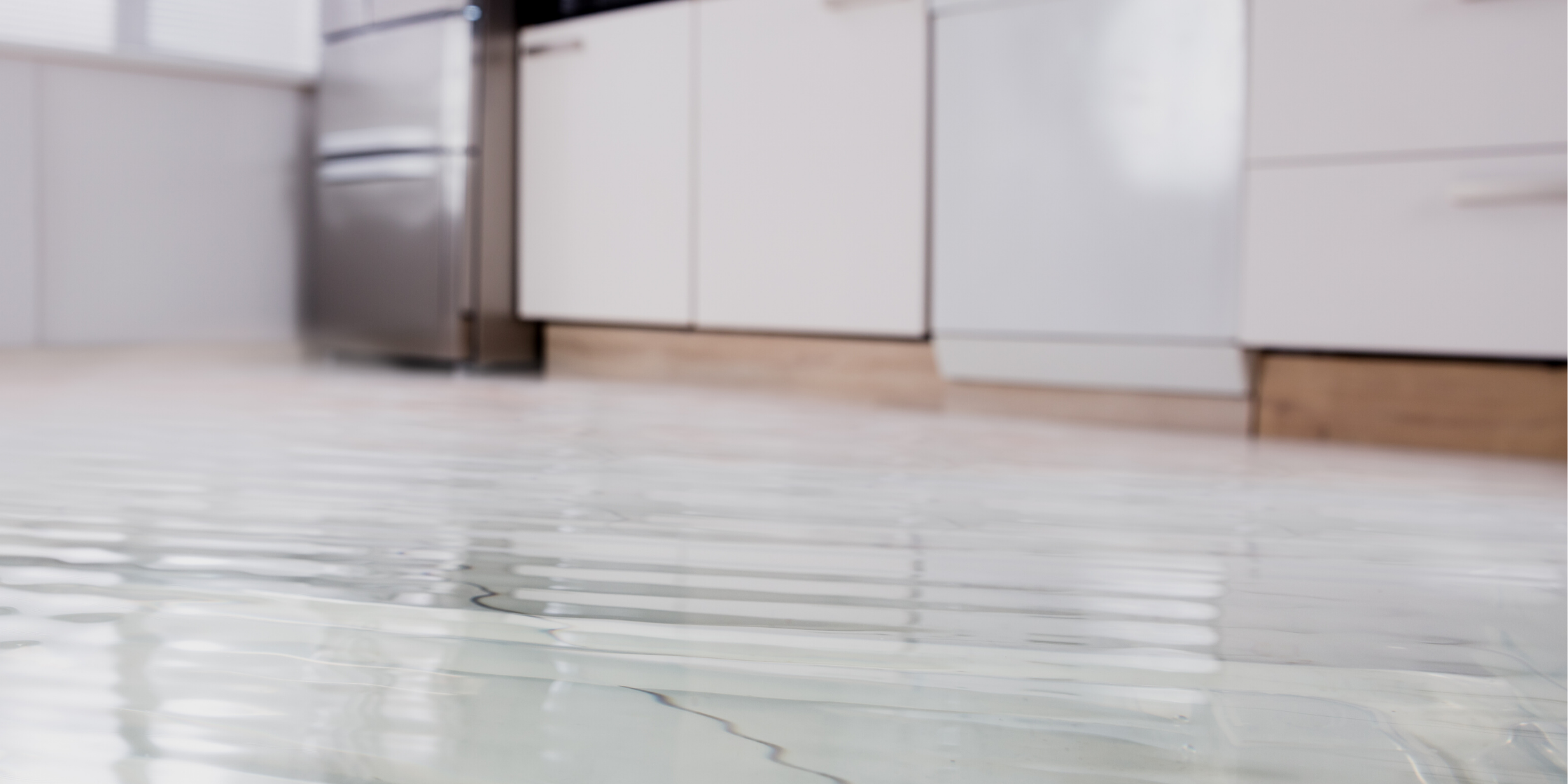Are apartment owners and condo landlords responsible for flood damage? In most cases of apartment flooding, it’s not immediately clear who is responsible. There are so many different parties who have access to the building, which makes it difficult to trace exactly why your apartment is full of water and who is going to pay for damages.
Think of all of your neighbors, maintenance people, housekeepers, guests, visitors, and landlords that have access to your building and utility areas. When your apartment gets flooded because someone broke a pipe or didn’t fix an appliance, you should get legal advice to determine who’s responsible for the flood damage.
Here’s a helpful example:
Let’s say you return home to your ground-floor apartment from a weeklong vacation and your unit is full of water. There is water streaming down the wall into your bathroom from the unit above. Everything of value in your apartment is destroyed. It might seem like the owner of the unit above you is responsible because that’s where the water is coming from. But like all condo and apartment negligence claims, things are more complicated than they seem.
What if the water came from a leaky roof that’s six floors higher and ran through every unit above yours? Whose responsibility is it to fix the roof? What if it came from an Airbnb four floors above you? What if it’s from a community laundry facility with a broken pipe from a negligent maintenance contractor?
Determining who is responsible for your flooded apartment can be difficult. It’s best to get legal help from Texas apartment and condo negligence experts. They can help you gather critical evidence and documents that can establish who is responsible for damages to your apartment or condo.
Teaming up with experts is the best chance you have at getting a quick and complete resolution for your water-damaged apartment.
How to prove apartment negligence for flood damage
Flood damage negligence requires the same proof as any other negligence case. Here are the four basic elements of a negligence claim that you’ll have to prove:
- Duty – Your landlord has a legal duty to maintain facilities;
- Breach – They breached that legal duty by acting or failing to act in a certain way;
- Causation – It was their actions (or inaction) that actually caused the flooding; and
- Damages – The flooding happened as a result of the defendant’s actions (or inaction).
Let’s take a close look at each:
Duty
Landlords must maintain and repair the components they are obligated to maintain and repair.
Breach of Duty
Did the owner/landlord fail to adequately repair a water line or appliance? If so, it establishes breach of duty.
Causation
You have to show that your landlord’s negligence actually caused the damage. For example, your landlord might have acted negligently by failing to repair a hole in the roof, but if the water damage came from a failed pipe vs. the hole in the roof, your landlord’s negligence did not cause the damage.
Damages
You have to show that you suffered damages due to your landlord’s negligence, such as repair costs, hotel bills for living offsite while repairs are being performed, or any other damages that come from their actions.
Once you can establish these 4 elements, you can likely prove negligence with the help of a legal expert.
If you’re wondering what to do after coming home to a flooded apartment, reach out to an experienced attorney start a risk-free case evaluation. The legal experts at Malley Law Firm can help determine the best way to get awarded damages after an apartment flood due to your landlord’s negligence.







